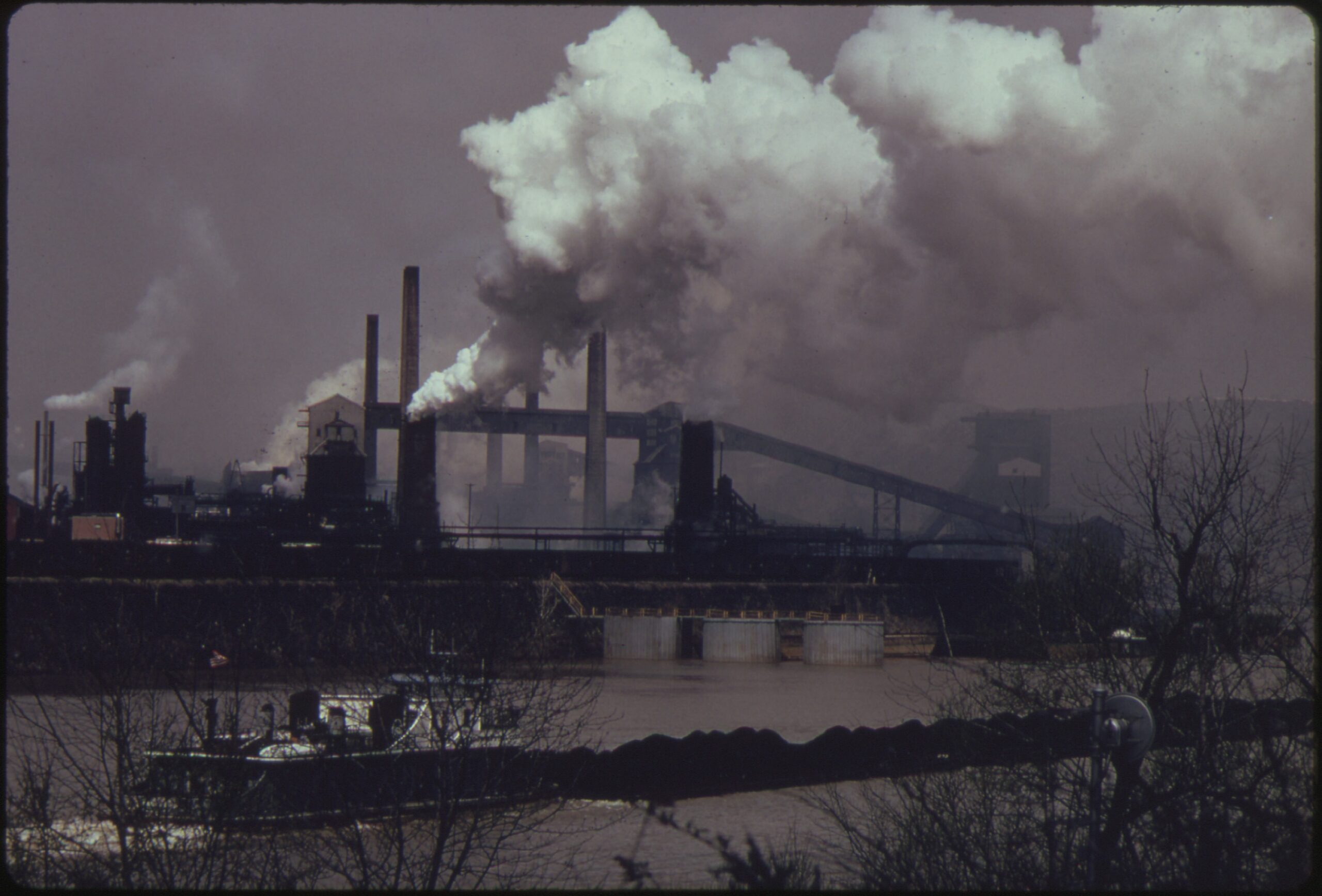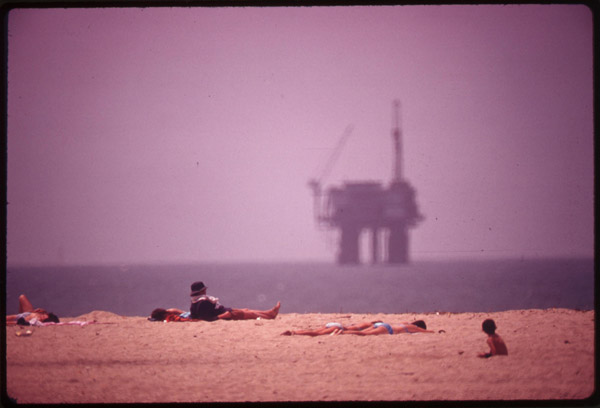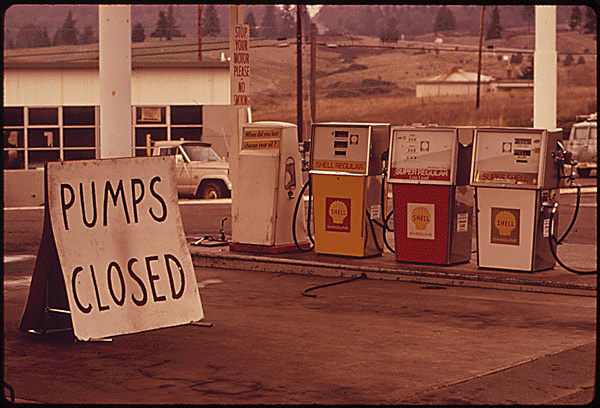“This book could not be more timely. As progressives celebrate the return of confidence in ‘big government,’ expertise, regulation, and science, they must not forget the lessons of the 1960s and 1970s. Paul Sabin powerfully demonstrates that the liberal postwar order was not only undercut by the rise of the right, but also by an activist left that for good reason decried government’s deafness to citizens’ needs and participation. How best to serve the public interest is the greatest challenge of our time, and we could have no better guide through the historical thicket than Sabin.”
Lizabeth Cohen, author of Saving America’s Cities
In the 1960s and 1970s, an insurgent attack on traditional liberalism took shape in America, built on new ideals of citizen advocacy and the public interest.
Public Citizens traces the history of this public interest movement and explores its tangled legacy, showing the ways in which American liberalism has been at war with itself. The book forces us to reckon with the challenges of regaining our faith in government’s ability to advance the common good.
Latest Updates
Comments on Permitting Reform
Had the opportunity to participate in a December 2022 roundtable on permitting reform for the Law and Political Economy Project blog: “Seven Reactions to the ‘Permitting Reform’ Debate”
The reconsideration of public planning in the postwar period
Grateful to have Public Citizens included in this thoughtful review by Garrett Dash Nelson of three books about post-World War II public planning: “Public Interests” in Places Journal.
Discussion of Public Citizens in Ezra Klein’s column in the New York Times
New York Times columnist Ezra Klein discussed Public Citizens and the history of liberal attacks on government in a recent essay about the fight over student enrollment and housing in Berkeley, California. Klein explained on Twitter— “It’s not that liberals were wrong then and right now. They were largely right then. They succeeded. And now their successes are contributing to our problems.”
More News


